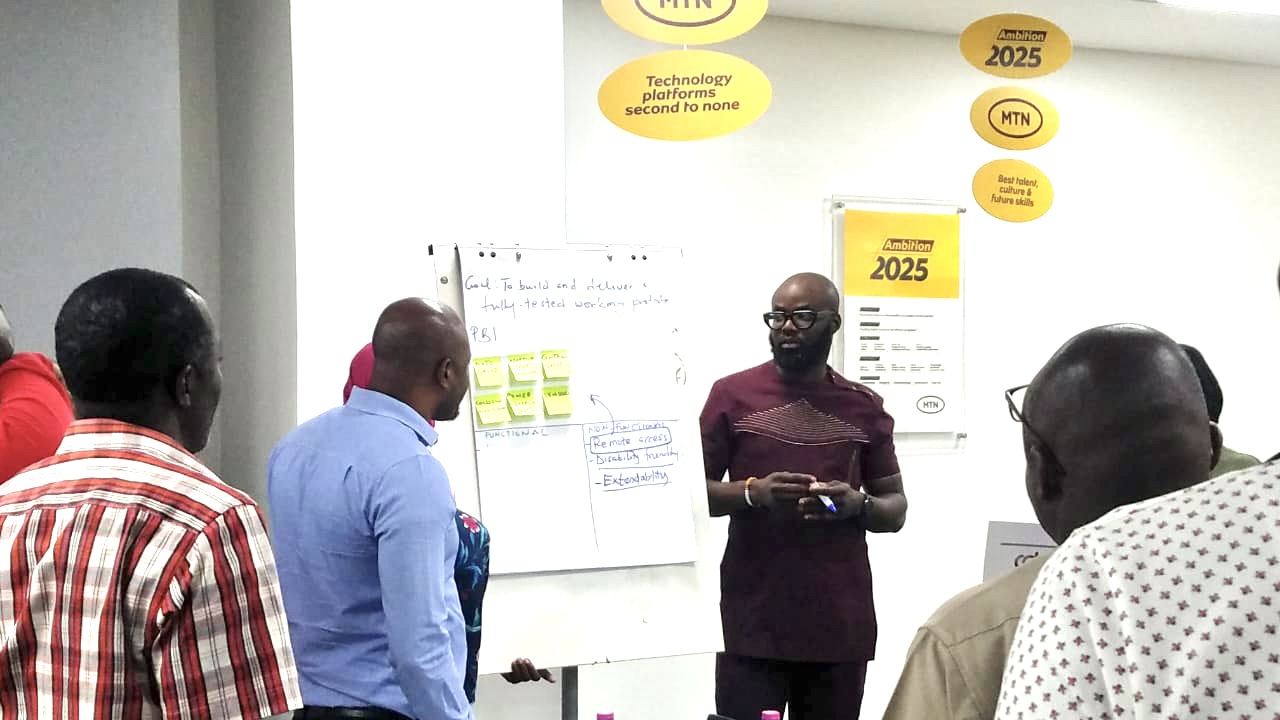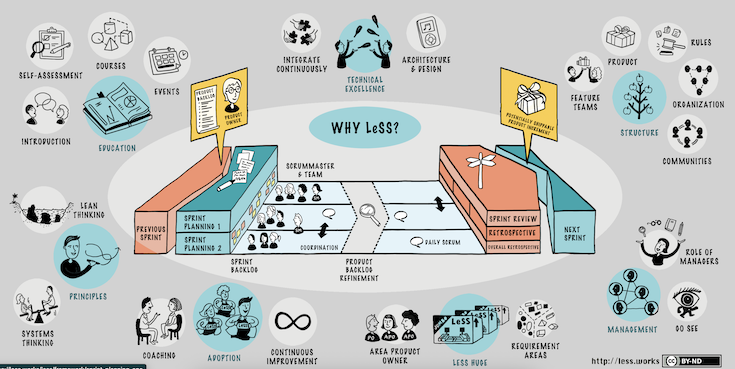Getting Started as a New Scrum Master
You have just passed your PSM 1 assessment; however you would like to get some working experience as a Scrum Master. In my time as a Professional Scrum Trainer with scrum.org, the people that share this concern with me fall in 2 categories:
- People that have self studied for the PSM and achieved the 85% score for the PSM1 assessment
- People that attended a Professional Scrum Master class and achieved the 85% for the PSM1 assessment
You must realise and accept that passing the PSM 1 assessment is not the end of the learning process; the journey to being an experienced Professional Scrum Master is a life long learning experience. There are a number of complimentary practices would help you support any Scrum team, some examples include Estimation, Facilitation Techniques e.g. Liberating Structures, Velocity, Product Backlog Refinement and many more. Use the scrum.org forums and carefully curate content on Youtube, preferably youtube content from Professional Scrum Trainers.
Practical Experience for a New Scrum Master
Below is a list of ideas that might help you get the experience required.
Current Employment
The Scrum Master is one of the 3 accountabilities defined in the Scrum Framework, which implies that you do NOT need a job title of a Scrum Master to help implement Scrum. Be transparent and speak to your team members that you have recently acquired some knowledge of Scrum and you believe that Scrumm can improve the outcomes of your work. Ask for permission to try the principles of Scrum with the team and teach your team about Scrum.
Start-up community
Start-up are naturally agile at inception and would benenfit from application of the Scrum Framework, if there arent already practicing Scrum. I would advise you reach out to the start-up community in your region by sending them a nice cover letter or email explain what you want and the value you can provide to them.
I know a lot of people that have done this and have been able to gather some experience doing this. Also be prepared to volunteer and you might not be paid initially but what you want is the experience to help then deliver value to their stakeholder. My believe is that, if you truly help them deliver value, an unpaid experience could turn out to be your first paid job as a scrum master.
Local communities
You have to start with what you have and where are by implementing scrum in your local community. You probably already volunteer within a team in church, mosque, a Non Governmental organisation or charity; these are good places to experiment with newly found Scrum Knowledge. Organise learning sessions on Scrum and apply scrum to some of the projects you already do in these communities.
As you already know, Scrum can be applied to deliver value within a complex domain. Start by defining your Product and build out your product backlog. Implement as much as you can from the Scrum Framework and you can experience with the people that you know already.
Remote opportunities to Volunteer
There are also opportunities to volunteer remotely with organisations that might not be in your country. Use resources such as Linkedin, global accelerators, start up hub and co-working hubs to network; in all of these instances, make sure you are able to articulate what value you will bring to their organisation if given an opportunity to come help the them deliver value with scrum.
In other to help, I decided to create a database of people that are looking for places to secure scrum master experience post passing a PSM 1 assessment, feel free to submit your details using this google form here. I work with a number of startups around the world and someone from my admin team would reach should an opportunity arise.
If you are an experienced Professional Scrum Master, feel free to share your journey in the comment section. You might just be helping someone else about to get started.




